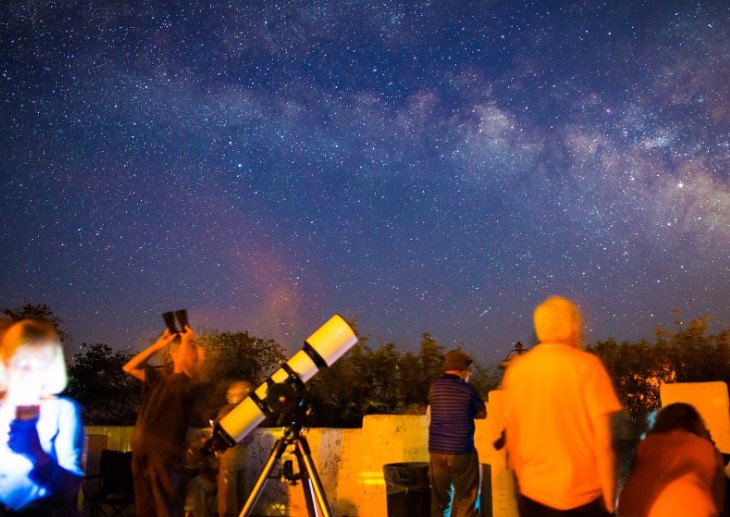International Dark Sky Week is not just about reducing light pollution; it’s a celebration of the night sky’s natural beauty and a call to action to preserve it for future generations. The resolution encourages Virginians to reflect on the “cosmic eons beyond” and to consider the impact of light pollution on both the environment and our view of the universe.
The dark sky movement, spearheaded by organizations like DarkSky International, defines light pollution as the human-made alteration of natural light levels. This can come from harsh exterior lighting of buildings, parking lots, and street lamps, which not only obscures our view of the stars but also disrupts local wildlife and wastes energy. The annual cost of this wasted energy in the U.S. is estimated to be around $3 billion.

The history of Dark Sky Week traces back to a Virginia suburb and a North Carolina beach, where a young Jennifer Barlow noticed the stark difference in the visibility of stars between her backyard and the beach. This realization led to the first observance of International Dark Sky Week in April 2003, and since then, the movement has grown to have a global impact.
This year, International Dark Sky Week will take place from April 2-8, inviting everyone to rediscover the wonders of the night sky. The week aims to raise awareness about the harmful effects of light pollution and to promote solutions that allow us to embrace the dark and save the night. It’s a time to ponder the universe’s vastness, to engage with science, technology, and engineering, and to inspire awe and curiosity in children and adults alike.
As we approach International Dark Sky Week, let us turn off unnecessary lights, look up, and appreciate the celestial show that has fascinated humanity for millennia. Let’s commit to protecting the dark skies, not just for the aesthetic pleasure they provide but also for the ecological and energy-saving benefits they offer.

Comments